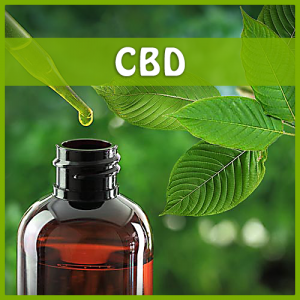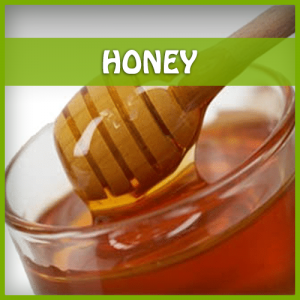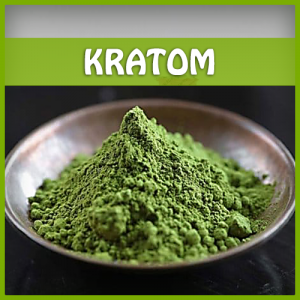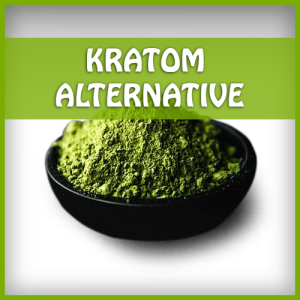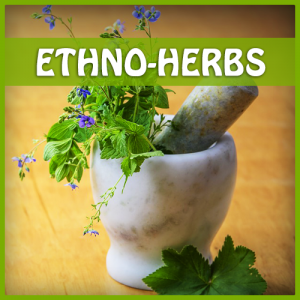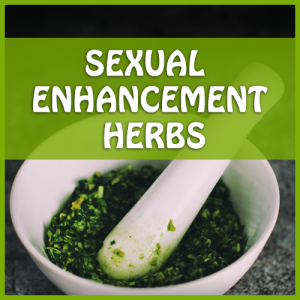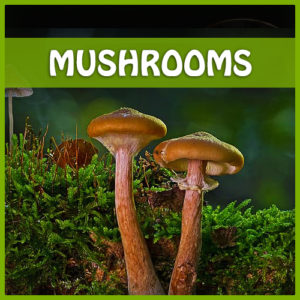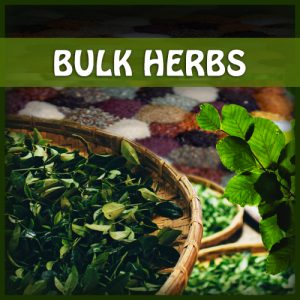Updates
The Amazing Benefits and Uses of Astragalus: A Comprehensive Guide
Astragalus is a traditional Chinese herb that has been used for centuries in traditional medicine. It has been used to treat a variety of health conditions, including respiratory infections, heart disease, and diabetes. Astragalus is also commonly known as milk vetch or Huang qi, and its scientific name is Astragalus membranaceus. In recent years, it has gained popularity in the Western world due to its potential health benefits.
Nutritional Value of Astragalus
Astragalus is a rich source of nutrients, including flavonoids, saponins, polysaccharides, and triterpenoids. These compounds have been shown to have antioxidant and anti- inflammatory properties, which may be responsible for the herb’s health benefits.
Health Benefits of Astragalus
* Boosts Immune System
One of the most well-known benefits of astragalus is its ability to boost the immune system. Studies have shown that astragalus can increase the production of white blood cells, which are responsible for fighting infections and diseases. This makes astragalus a popular choice for treating respiratory infections, such as the common cold and flu.
* Reduces Inflammation
Astragalus has been shown to have potent anti-inflammatory properties. Inflammation is a natural response of the immune system to injury or infection, but chronic inflammation can lead to a variety of health problems, including heart disease, diabetes, and cancer. Astragalus may help to reduce inflammation in the body, which could potentially prevent or treat these conditions.
* Improves Heart Health
Several studies have suggested that astragalus may have a positive effect on heart health. It has been shown to reduce blood pressure, improve cholesterol levels, and reduce the risk of heart disease. Astragalus may also improve the function of the heart and reduce the risk of heart failure.
* Lowers Blood Sugar Levels
Astragalus has been shown to have a positive effect on blood sugar levels. It may help to improve insulin sensitivity, which could potentially benefit people with diabetes.
Studies have shown that astragalus can also reduce the risk of complications associated with diabetes, such as kidney damage and nerve damage.
*Anti-Aging Properties
Astragalus has been shown to have anti-aging properties. It may help to prevent the breakdown of DNA and protect cells from damage caused by free radicals. This could potentially slow down the aging process and reduce the risk of age-related diseases.
Uses of Astragalus
*Traditional Chinese Medicine
In traditional Chinese medicine, astragalus has been used to treat a variety of health conditions, including respiratory infections, fatigue, and digestive problems. It is often used in combination with other herbs to create a formula that targets specific health issues.
* Supplements
Astragalus supplements are available in a variety of forms, including capsules, powders, and teas. These supplements are often marketed as immune-boosting and anti-aging products. It is important to choose a high-quality supplement from a reputable brand to ensure its safety and effectiveness.
* Skin Care
Astragalus has also been used in skin care products due to its anti-inflammatory and anti-aging properties. It may help to reduce the appearance of fine lines and wrinkles and improve overall skin health.
Precautions and Side Effects
While astragalus is generally considered safe, there are some precautions and potential side effects to be aware of. People who are pregnant or breastfeeding should avoid using astragalus as it may stimulate contractions or affect milk production. Astragalus may also interact with certain medications, including immunosuppressants, so it is important to speak with a healthcare provider before using it if you are taking any medications.
In terms of side effects, astragalus is generally well-tolerated, but some people may experience mild gastrointestinal symptoms such as diarrhea or bloating. It is important to start with a low dose and gradually increase it to avoid any potential side effects.
How to Use Astragalus
Astragalus supplements are widely available and can be purchased online or in health food stores. It is important to choose a high-quality supplement from a reputable brand to ensure its safety and effectiveness.
Astragalus supplements can be taken in a variety of forms, including capsules, powders, and teas. The recommended dosage varies depending on the form of the supplement and the intended use. It is important to follow the dosage instructions on the product label or to consult with a healthcare provider before using astragalus.
In addition to supplements, astragalus can also be used in cooking. The herb has a slightly sweet and earthy flavor and can be added to soups, stews, and other dishes for flavor and nutrition.
Conclusion
Astragalus is a powerful herb with a long history of use in traditional Chinese medicine. It has been shown to have a variety of health benefits, including boosting the immune system, reducing inflammation, improving heart health, and lowering blood sugar levels. Astragalus supplements are widely available and can be taken in a variety of forms. While it is generally considered safe, it is important to speak with a healthcare provider before using astragalus, particularly if you are taking any medications.
References
* Chen, J., Lv, H., & Yang, X. (2018). Astragalus polysaccharides: an overview of the molecular pharmacology, toxicity and safety in vivo and in vitro. The American journal of Chinese medicine, 46(03), 601-628.
* Chiu, H. F., Chen, T. Y., Tzeng, Y. T., Wang, C. K., & Yang, C. Y. (2018). Anti- inflammatory effects of Huang Qi Tang in lipopolysaccharide-stimulated 7 cells. American journal of Chinese medicine, 46(03), 629-649.
* Wong, P., Leong, L. P., & William Koh, J. (2013). Antioxidant activities of aqueous extracts of selected plants. Food chemistry, 138(2-3), 918-925.
* Yuan, D., Ma, B., Yang, J., Wang, L., Zheng, D., Liu, C., … & Sun, D. (2019). Anti-diabetic effects of Chinese herbal medicine Shiwei Guanxinning tablet on streptozotocin-induced diabetic mice involving the TLR4/MyD88/NF-κB signaling Journal of ethnopharmacology, 234, 50-59.









